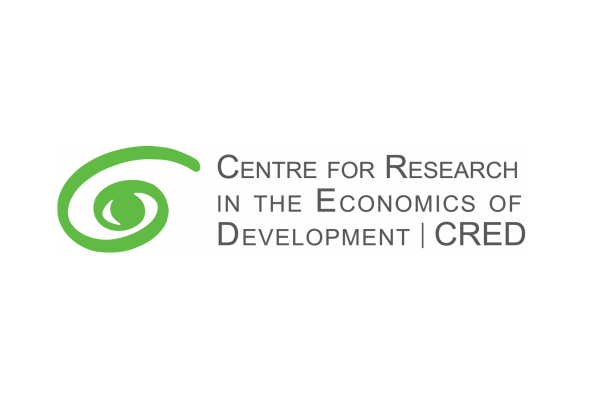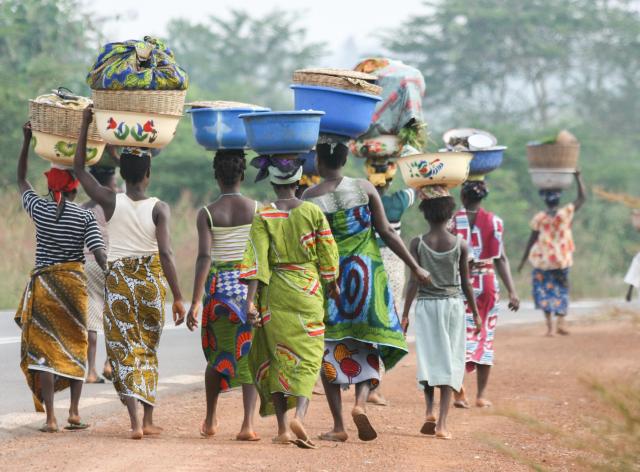The CRED is a research entity dedicated to the study of development economics. More specifically, researchers work on issues related to micro-institutions, collective action, market development and political economy. Much of CRED's research is based on first-hand data collected by researchers in numerous countries in Africa, Asia and Latin America. Theoretical and empirical work is regularly produced by a team of 6 permanent academic researchers as well as 10 to 15 PhD students and post-doctoral researchers.
CRED members interact with international researchers within the Economic Development and Institutions (EDI) network, a five-year research program funded by the UK Department for International Development (DFID).

Researchers at CRED routinely organize international conferences, such as the European Development Network (EUDN) conference, the Theoretical Research in Development Economics (ThReD) conference and the India-China conference, and present the results of their work there. They regularly participate in scientific committees within the Fonds national de la recherche scientifique (FRS-FNRS) and the European Research Council (ERC).
The CRED's funding comes from several sources, such as the Excellence of Science (EOS) project, the Fonds national de la recherche scientifique (FRS-FNRS), the International Monetary Fund (IMF) and the European Union through the ERC Starting Grant. CRED researchers aim for publications in leading scientific journals such as American Economic Journal: Applied Economics, World Development, Journal of Development Economics, Journal of Agricultural Economics and Journal of Public Economics.
.Current research topics
- Institutions, social norms and development, as evidenced by the center's leading role in the Economic Development and Institutions (EDI) academic initiative supported by the UK Department for International Development (DFID).
- Gender discrimination, intra-household bargaining and poverty, notably thanks to the ERC starting grant received by Professor Catherine Guirkinger. The grant supports the "African Women" research project, which investigates the economic forces, incentives and constraints behind discrimination against women in sub-Saharan Africa.
- Economic development and market integration, a research theme supported by the Belgian government's Excellence of Science (EOS) initiative.
- Financing development through the initiative of the Belgian policy research group on financing development (BeFind), which brought together both Belgian policymakers and members of research centers from KU Leuven, Universiteit Antwerpen and UNamur.
Permanent members
- Jean-Marie Baland
- Guilhem Cassan
- Benoît Decerf
- Catherine Guirkinger
- Romain Houssa
- François Libois
- Jean-Philippe Platteau
- François Woitrin


